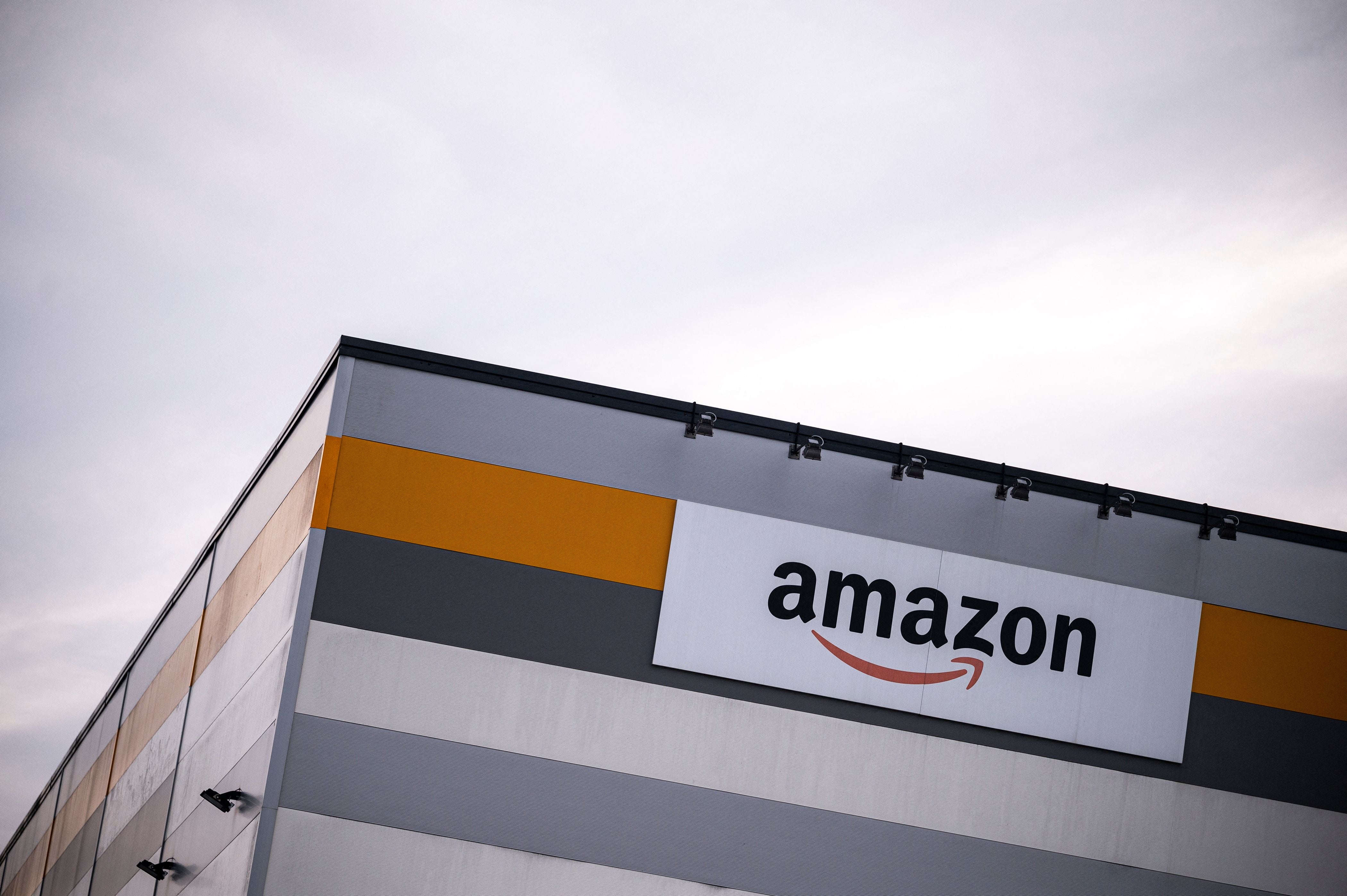‘Loophole’ in G7 corporation tax deal could let Amazon off, report claims
Amazon runs online retail business at very low profit margins – below new proposal’s 10 per cent threshold

Your support helps us to tell the story
From reproductive rights to climate change to Big Tech, The Independent is on the ground when the story is developing. Whether it's investigating the financials of Elon Musk's pro-Trump PAC or producing our latest documentary, 'The A Word', which shines a light on the American women fighting for reproductive rights, we know how important it is to parse out the facts from the messaging.
At such a critical moment in US history, we need reporters on the ground. Your donation allows us to keep sending journalists to speak to both sides of the story.
The Independent is trusted by Americans across the entire political spectrum. And unlike many other quality news outlets, we choose not to lock Americans out of our reporting and analysis with paywalls. We believe quality journalism should be available to everyone, paid for by those who can afford it.
Your support makes all the difference.In a “historic” move, the G7 group of wealthy nations agreed to make companies such as Apple, Microsoft, and Google pay more taxes, however experts say Amazon may escape taxation unless a large loophole in the global deal is plugged.
According to a joint statement shared on Saturday by the G7 finance ministers, the deal would tackle tax avoidance by “the largest and most profitable multinational enterprises”.
As part of the deal, companies would pay a global minimum corporation tax of 15 per cent, and for the largest global firms such as Google, Facebook, Amazon and Microsoft, 20 per cent of the profits would be reallocated to the countries where sales have taken place.
“The global minimum tax would also help the global economy thrive, by levelling the playing field for businesses and encouraging countries to compete on positive bases, such as educating and training our work forces and investing in research and development and infrastructure,” Janet Yellen, US Secretary of the Treasury, tweeted.
However, since the move would only apply on “profit exceeding a 10% margin for the largest and most profitable multinational enterprises,” experts say it could rule out the tech giant Amazon whose profit margin in 2020 was only 6.3 per cent.
They point out that the company, with a market value of USD 1.6 trillion (£1.1 trillion) and sales of USD 386 billion in 2020, would slip out with the help of a loophole in the proposal since it runs its online retail business at very low profit margins.
Richard Murphy, Professor of Accounting, Sheffield University Management School, noted on Twitter that while the deal is historic and a step in the right direction, the 15 per cent minimum tax rate is “far too low.”
He believes the deal also comes with several accounting problems.
“Who is defining profit margins? Is it one year or over time for example?” Mr Murphy tweeted.
“And why 10%? That brings some pharmaceuticals in but leaves Amazon out. Is that what was intended?” he added.
Ms Yellen told Reuters that she expected Facebook and Amazon to be covered by the new proposal. “It will include large profitable firms and those firms, I believe, will qualify by almost any definition,” she said.
Experts, including those from the Fair Tax Foundation, also point out that under a segregated approach, Amazon would pay taxes for its subsidiaries like Amazon Web Services – the tech giant’s web hosting arm – which had a profit margin of 30 per cent in 2020.
They say wider global negotiations at the G20 summit in Venice in July should set up tougher rules in place so that businesses do not tweak their operations to remain under the 10 per cent profit threshold in order to avoid taxes.
Join our commenting forum
Join thought-provoking conversations, follow other Independent readers and see their replies
Comments